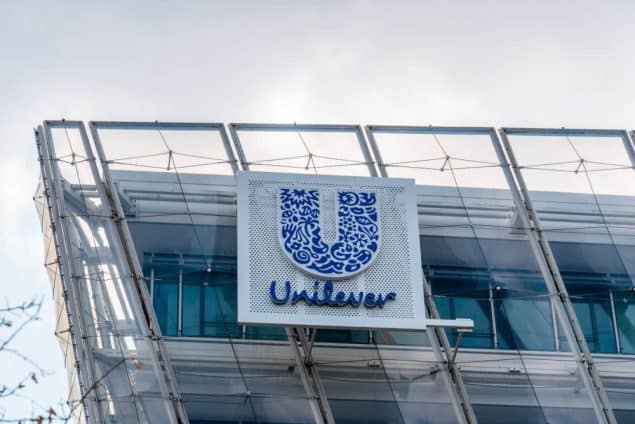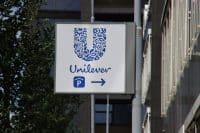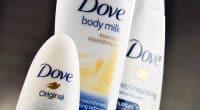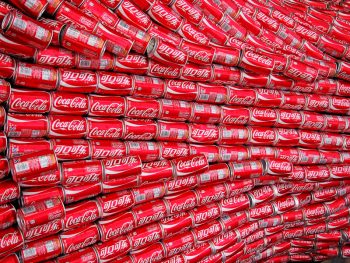Home » UK Business News » Unilever accused of causing plastic pollution with 53 billion sachets
Unilever accused of causing plastic pollution with 53 billion sachets
https://www.whatjobs.com/news/united-kingdom/uk-business-news/unilever-accused-of-causing-plastic-pollution-with-53-billion-sachets

By Nithya Bose in UK Business News, posted November 28, 2023

Unilever is facing allegations of deviating from its commitment to reduce single-use plastics by selling 53 billion non-reusable sachets in 2023.
This has led to criticism from the Greenpeace charity, which accuses the company of moving away from its pledge to move away from single-use plastic.
Despite Unilever's vow to halve virgin plastic use by 2025, Greenpeace says it'll miss this target by nearly a decade.
Read More: Carnival UK Says There Will Be No “Fire And Rehire” As Union Talks Continue
Companies often market sachets in large quantities to the global south.
This contributes significantly to plastic pollution, leading to environmental concerns and threats to wildlife.
Greenpeace specifically highlights the sachets produced by Unilever's Dove brand, pointing to pollution in waterways in the Philippines and Indonesia.
Read More: Shell Hit With £1.4m Fine For Breaking Customer Contract Rules
Dove alone produced an estimated 6.4 billion sachets in 2022.
Greenpeace has urged Unilever to phase out single-use plastic within the next decade, starting with stopping sachet usage.
The charity has also called on Unilever to endorse a global plastics treaty with legally binding targets to reduce plastic production.
It aims at least a 75 percent cut by 2040 based on a 2019 baseline.
Read More: South East Water Under Scrutiny For Potential Supply Failures
“If Unilever want to be seen as a leader, they should stop being part of the problem"
Marian Ledesma, a campaigner at Greenpeace Philippines, said: “Each one of the many Dove sachets we found polluting beaches and waterways should be a badge of shame for Dove and Unilever.
"They can’t continue to flood countries like the Philippines with waste they know can be devastating …
“Each sachet represents the enormous health risks, environmental degradation, social injustices and climate impacts caused by plastic production and the plastic life cycle.
“If Unilever want to be seen as a leader, they should stop being part of the problem.
Need Career Advice? Get employment skills advice at all levels of your career
“They have to show they’re serious and commit to phasing out single-use plastic, starting with sachets.
“And as treaty talks continue they must turn their influence on the world stage towards helping push for this level of ambition to sit at the heart of a strong global plastics treaty.”
A Unilever spokesperson said the company takes the tackling of plastic pollution as its top priority, highlighting ongoing progress in its plastic reduction goals.
Follow us on YouTube, X, LinkedIn, and Facebook.














